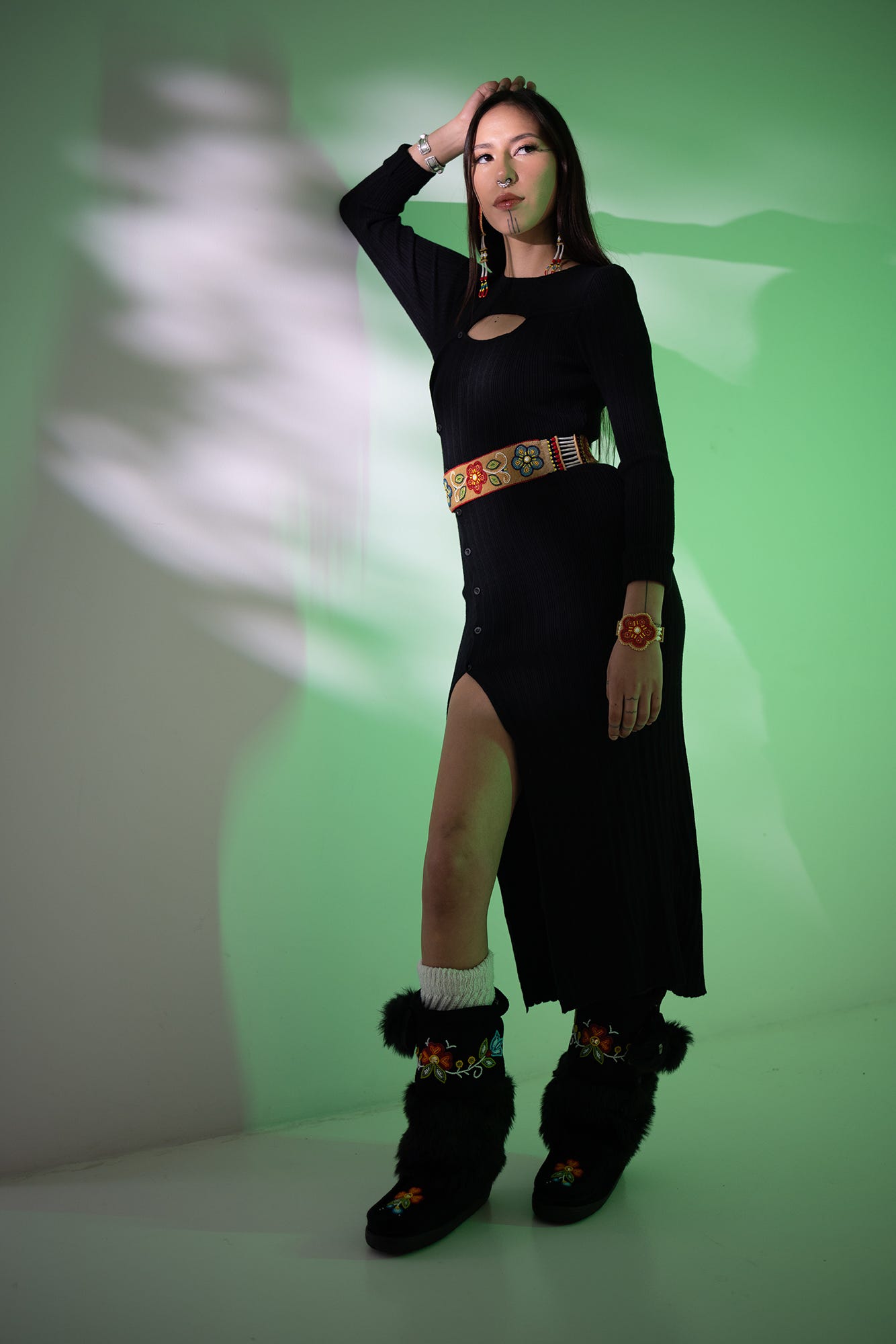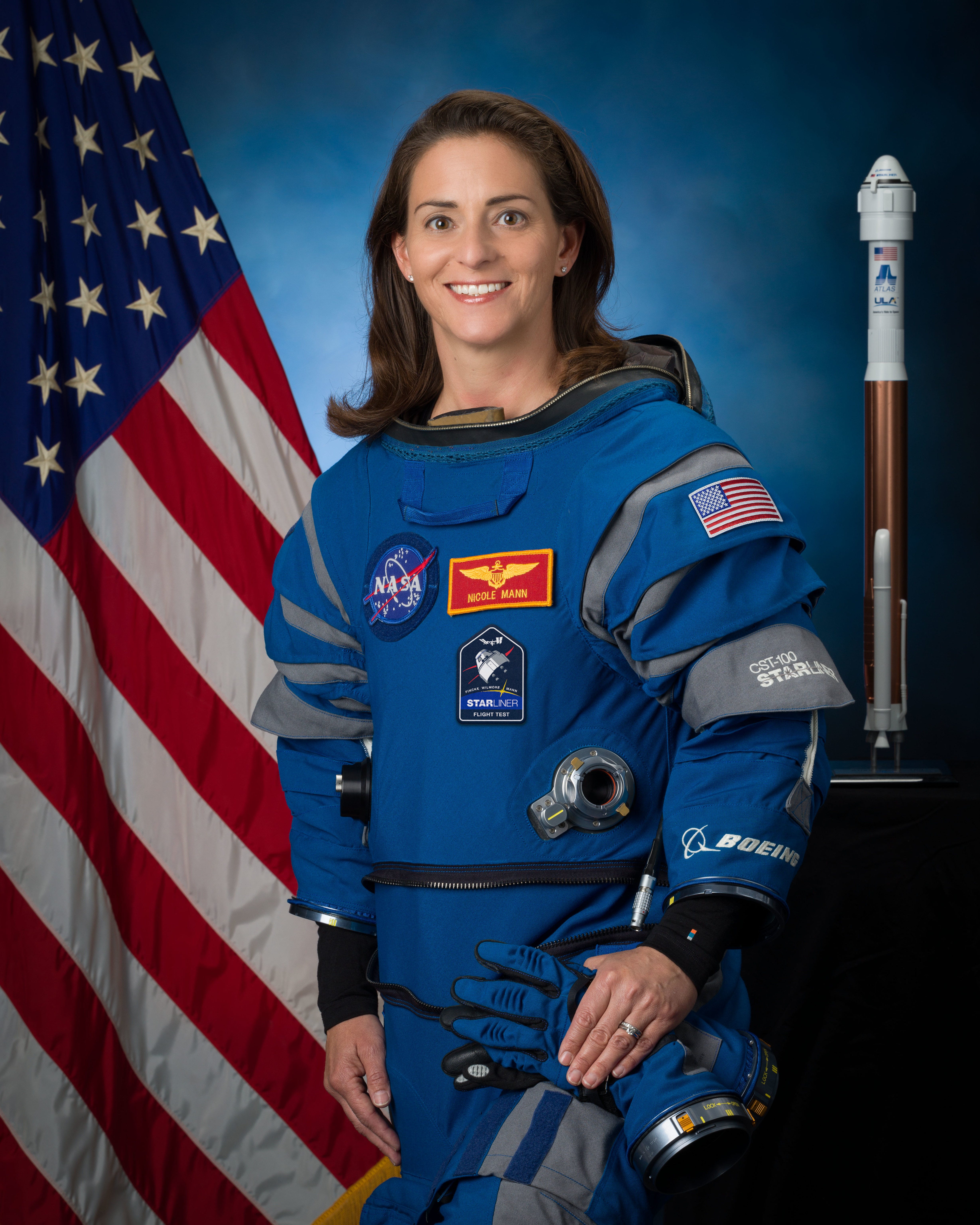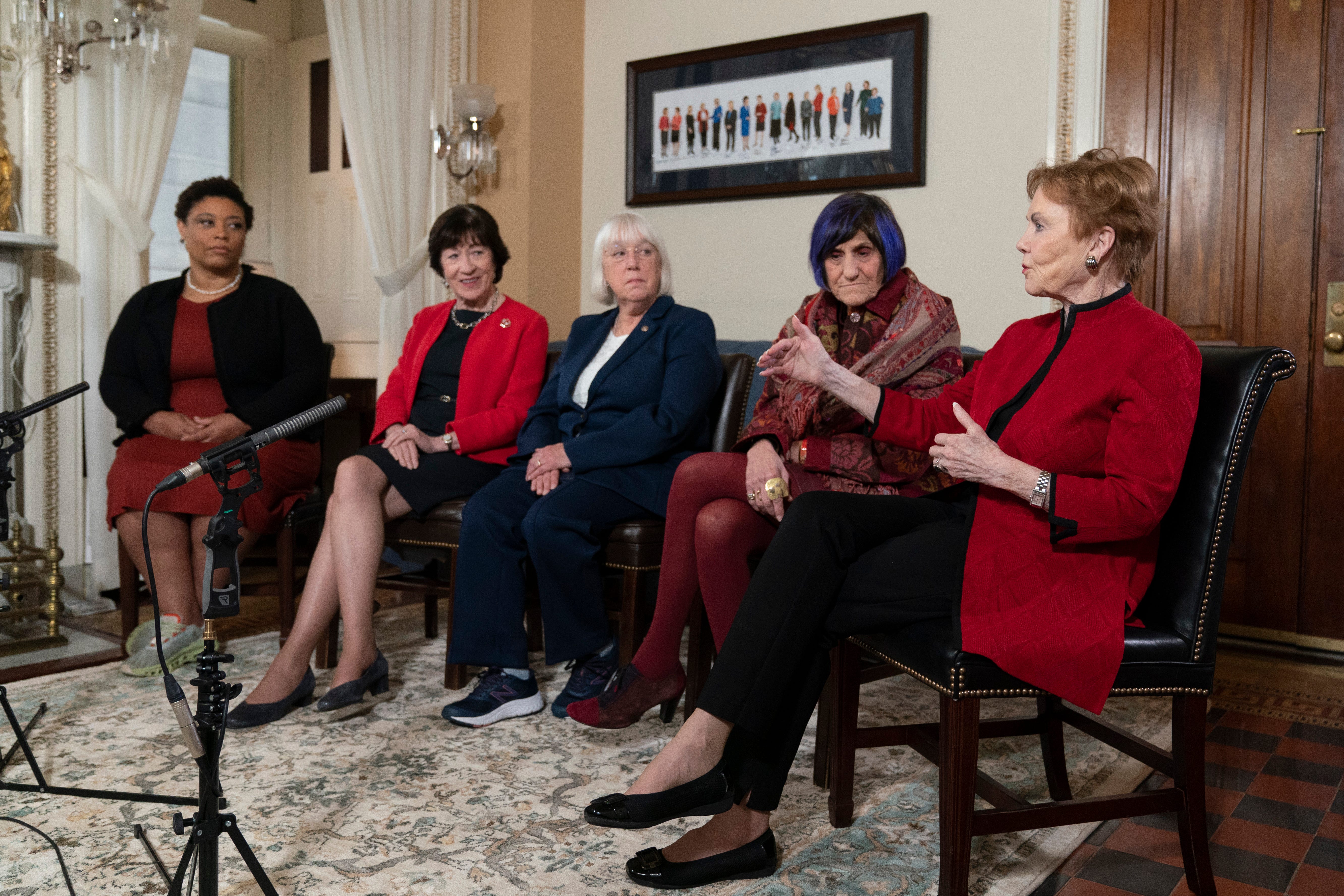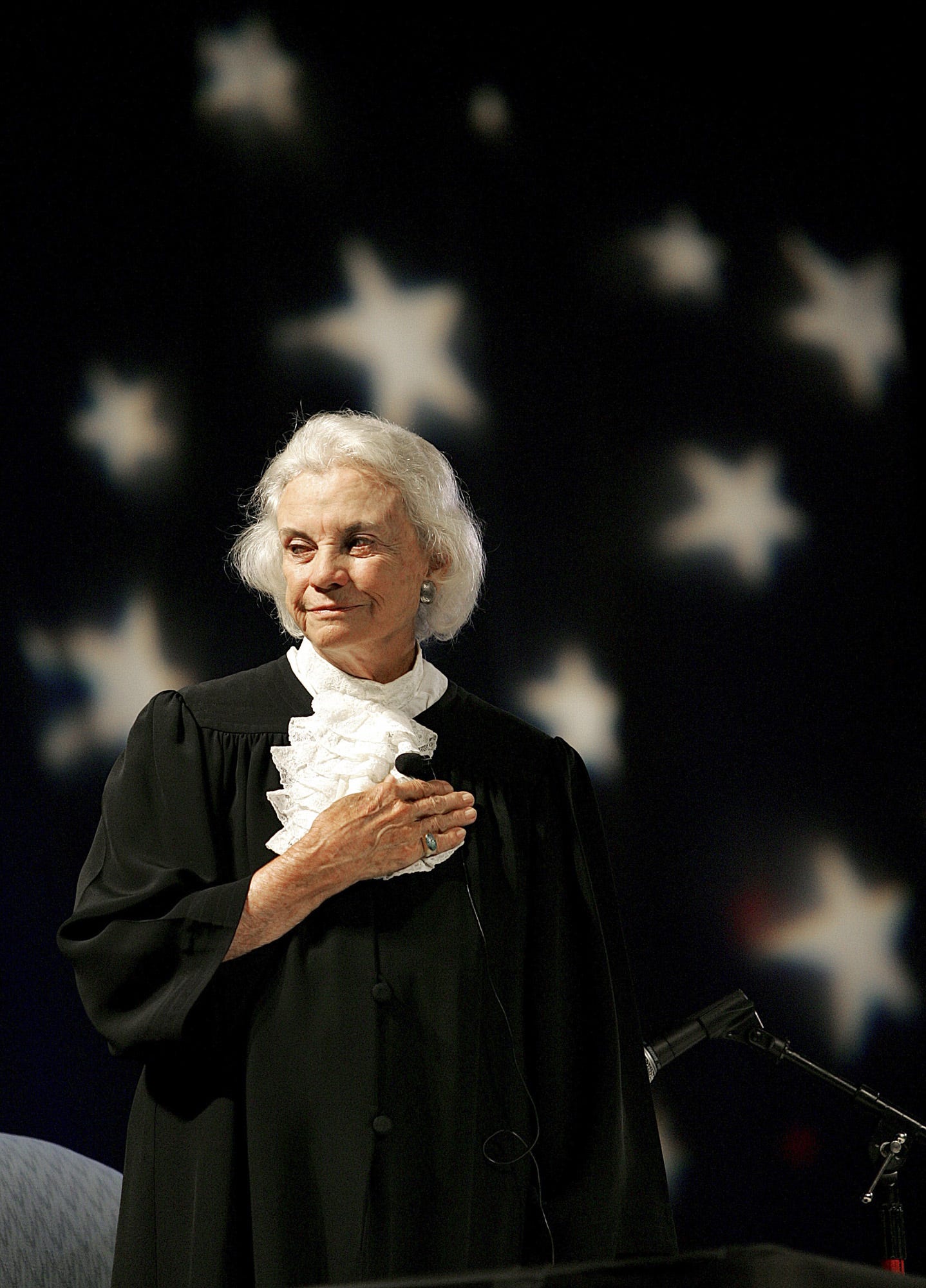It’s OK to fail, that’s how you learn.
Don’t let fear hold you back.
Welcome the future, don’t be afraid of it.
This is some of the advice USA TODAY’s Women of the Year would give their younger selves. Today, USA TODAY announces our 12 national Women of the Year, and Sunday, we’ll showcase an extraordinary woman from every state. All have made a significant impact on their profession, their communities and our country.

Many of our honorees would choose to give a similar pep talk to their younger selves: You’ve got this.
“Hey Miche — you are good enough. You can do this,” former first lady Michelle Obama would tell her younger self. “I remember feeling so much anxiety as a younger person. Did I belong? Did I measure up?”
FROM TOP: Michelle Obama, Goldie Hawn, Sheryl Lee Ralph
Michelle Obama, Goldie Hawn, Sheryl Lee Ralph
Derek White/Getty Images for ABA; PROVIDED BY GOLDIE HAWN; ROBERT HANASHIRO, USA TODAY
Actor and mental health advocate Goldie Hawn would tell her younger self to step out of her comfort zone “and just do it.”
“I was a dancer and I said yes to a job that took me into the next stage of my life,” Hawn said. “If I hadn’t said yes, I wouldn’t have been there.”
Actor Sheryl Lee Ralph, Emmy-winning co-star of “Abbott Elementary,” would tell her younger self to have patience – with herself and with others.
“You are all right. You will be all right,” she said. “You are perfect just the way God made you. There will be moments when you will be the underdog. But trust me, there will come the day, like it or not, that the underdog will be on top.”
Jasper Colt, USA TODAY
Grace Young is a cookbook author turned activist. The pandemic led her to advocate for businesses in America’s Chinatowns.
“For much of my life, I was wanting to be perfect. If it wasn’t just so, I really was hard on myself,” she said. “And I think I would tell my younger self, and young people today, that it’s more important to do it, and that it’s the process and the journey that actually teaches you more and enriches your life. It shouldn’t be perfect. The imperfection is what makes it great.”
Women making an impact are chosen as USA TODAY’s Women of the Year
USA TODAY

Environmental activist, model and Native American advocate Quannah Chasinghorse said she’s proud when she goes back to her community and sees elders and children excited about who they are.
“A lot of our people carry shame due to generational trauma,” she said. “Seeing these young kids have healthy representation and have healthy people they can look up to and when they go to the store see a Native person on the cover of a catalog or a magazine. It’s just a dream.”


TOP: Quannah Chasinghorse; BOTTOM: Nicole Mann
Quannah Chasinghorse, Nicole Mann
IRINA LOGRA; NASA
Nicole Mann is the first Indigenous woman from NASA in space, after blazing a trail as a Naval Academy and Stanford graduate, a colonel in the Marine Corps and a test pilot for the F/A-18 Hornet and Super Hornet deploying twice to Iraq and Afghanistan. She says her pride comes from her 10-year-old son.
“Right before launch we were hanging out at Kennedy Space Center, and he came to me and he said, ‘Mom, you know, I’m really going to miss you when you’re gone, but I want you to know that I understand what you’re doing is really important, for the exploration of space and for all humans on Earth.’ He told me, ‘Mom, I want you to know it’s OK and I’m really proud of you.’ That totally made me cry.”

- The entire U.S. Women’s National Team filed a lawsuit demanding equal pay and equal working conditions in soccer. They won. In May of 2022, U.S. Soccer announced deals to pay men’s and women’s national teams equally and evenly split World Cup prize money. “My hope is that when I leave this game, I’m leaving it better for the next generation,” said defender Crystal Dunn. “It’s really important that we are laying groundwork for them to have an easier journey in this game, to be able to make a great living of playing this sport.”
TOP: The U.S. women’s soccer team, pictured at the 2023 SheBelieves Cup soccer match. MIDDLE: Massachusetts Gov. Maura Healey. BOTTOM: Monica Muñoz Martinez.
The U.S. women’s soccer team, pictured at the 2023 SheBelieves Cup soccer match; Massachusetts Gov. Maura Healey; Monica Muñoz Martinez.
PATRICK T. FALLON, AFP VIA GETTY IMAGES; Marc Vasconcellos/The Enterprise; Mikala Compton/American-Statesman
- Maura Healey is the first woman to be elected governor in Massachusetts and one of the first two lesbian women to be elected as governor of any U.S. state. While working in the Massachusetts Attorney General’s Office, she led a successful legal challenge to the Defense of Marriage Act, helping to pave the way for marriage equality to become the law of the land.
- Monica Muñoz Martinez, an associate professor at the University of Texas, has devoted herself to calling out the history of anti-Mexican violence on the U.S.-Mexico border. She believes everyone should have access to truthful accounts of their own history. She helped start Refusing to Forget, a nonprofit that calls for public commemorations of the murder and oppression of Mexicans in Texas.

Women make up more than 25% of the voting members of the 118th Congress, the highest percentage in U.S. history. There are 25 women in the Senate, matching the record, and a new high of 125 women in the House.
“The presence of more and groundbreaking women on Capitol Hill has changed not only the face of Congress but also its agenda,” writes Washington Bureau Chief Susan Page. “They have elevated research into women’s health, reformed the way sexual assault allegations are handled in the military, and pursued issues that affect the daily lives of children.”
Still, the U.S. lags most mature democracies in Europe and around the world in the percentage of women in national legislatures, tied for 72nd in the world by one measure.

Manuel Balce Ceneta, AP

Jack Gruber, USA TODAY
Roberta “Bobbi” Cordano, president of Gallaudet University, knew as a child she wanted to be a lawyer, but law schools didn’t tend to accept Gallaudet graduates, she said, because they “didn’t believe that deaf people could be lawyers back then.”
So she went to a hearing college.
At home, she and her parents used sign language, but out in the hearing world, “I had to learn how to survive socially. … And that experience was often a lonely one,” she said. “It was hard. I didn’t have interpreters, I didn’t have note-takers, I didn’t have any kinds of accommodations. I was basically left to myself, my own.”
“It’s brought me to where I am today, and that is to be a bridge between the deaf community and the hearing world.”

MATT YORK, AP
When Supreme Court Associate Justice Sandra Day O’Connor, the first woman on the high court, graduated from Stanford Law in 1952, it didn’t occur to her she’d have trouble getting a job in law. “Here are all these notices on the placement bulletin board for Stanford Law grads, ‘Call us, we want to talk to you.’ Well, I called every single number and not one of them would even talk to me. Not one,” she said in a 2009 interview.
So she offered to work for free for the San Mateo County attorney in California and put a desk next to his secretary.
“I loved my job because I immediately started getting legal questions to answer that had been submitted by the various county officials and officers and boards and commissions. … And I had been there about three and a half months when he was made the county judge. And that opened a vacancy. My supervisor was made county attorney, and then I had a bona fide job with pay and an office. How about that?”
O’Connor, now 92, lives in Arizona and is no longer in the public eye, sharing in an October 2018 letter that “doctors diagnosed me with the beginning stages of dementia, probably Alzheimer’s disease.”
She also said in that letter, “As a young cowgirl from the Arizona desert, I never could have imagined that one day I would become the first woman justice on the U.S. Supreme Court. I hope that I have inspired young people about civic engagement and helped pave the pathway for women who may have faced obstacles pursuing their careers.”
She did and does. As do all of our Women of the Year.
Nicole Carroll is the editor-in-chief of USA TODAY. The Backstory offers insights into our biggest stories of the week. If you’d like to get The Backstory in your inbox, sign up here. Reach Carroll at EIC@usatoday.com or follow her on Twitter at twitter.com/nicole_carroll. Subscribe to USA TODAY here.
Published
Updated